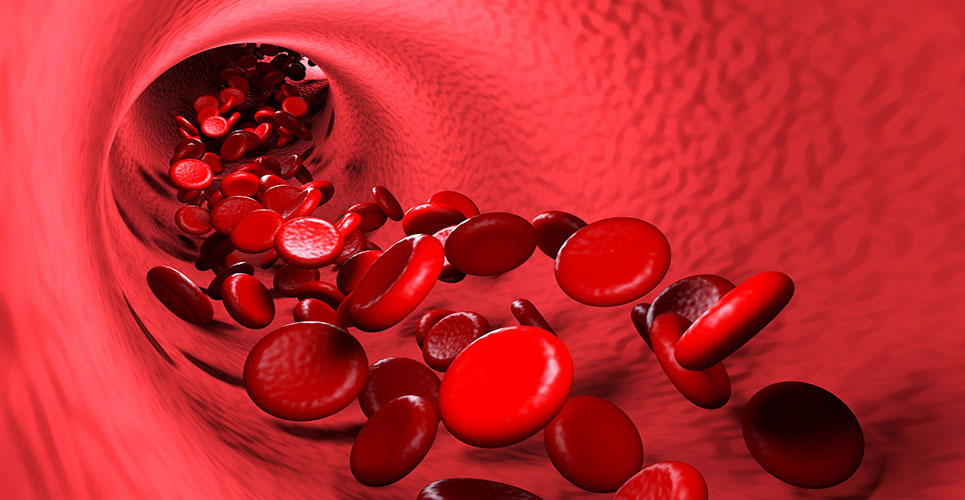teaser
Research has found that famotidine, developed by Merck & Co, iseffective at preventing stomach and upper intestinal ulcers caused bylow-dose aspirin.
Aspirinis used to treat a number of conditions and is one of the most widelyused drugs in the world, but it can cause damage to the stomach andupper intestine.
However, research published in The Lancet shows that famotidine is effective in preventing this damage to the gullet.
DrAli S Taha, from Crosshouse Hospital, Kilmarnock, and colleaguesstudied the effect that famotidine, which belongs to a group of drugscalled H2-receptor antagonists, has on the conditions.
A groupof 204 adult patients taking 75mg-325mg of aspirin per day with orwithout cardioprotective drugs were given 20mg of famotidine or aplacebo twice daily.
Patients were then given an endoscopic examination after 12 weeks.
Researchers found that stomach ulcers had only developed in 3% of patients given famotidine compared with 15% given placebo.
Upper-intestinalor duodenal ulcers were found in just one patient in the famotidinegroup compared with 17% of those given placebo, and gullet ulcersoccurred in 4% of famotidine patients compared with 19% of placebopatients.
Copyright Press Association 2009
The Lancet, doi:10.1016/S0140-6736(08)61497-X

